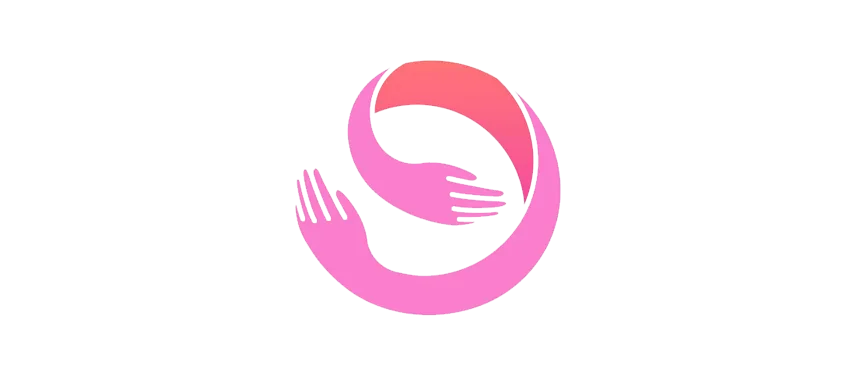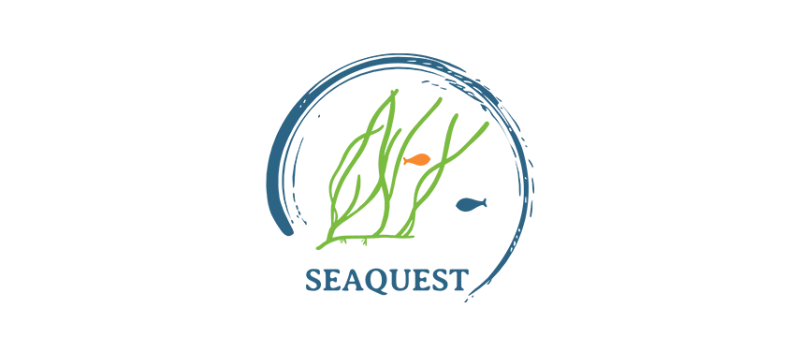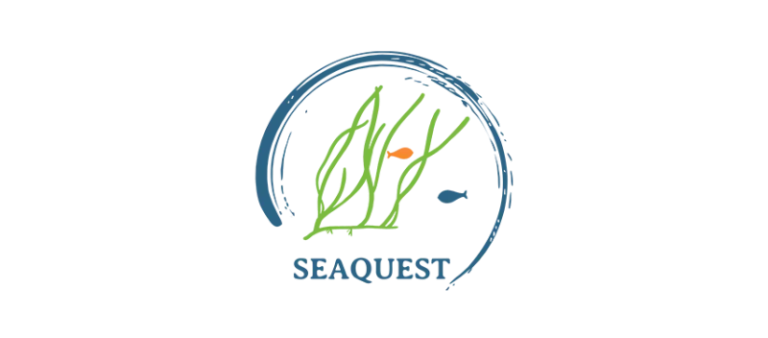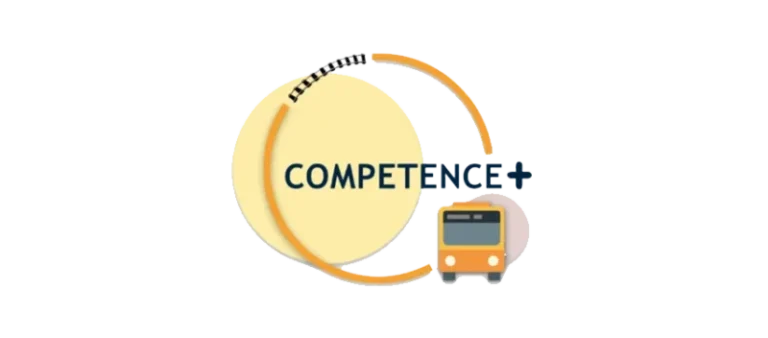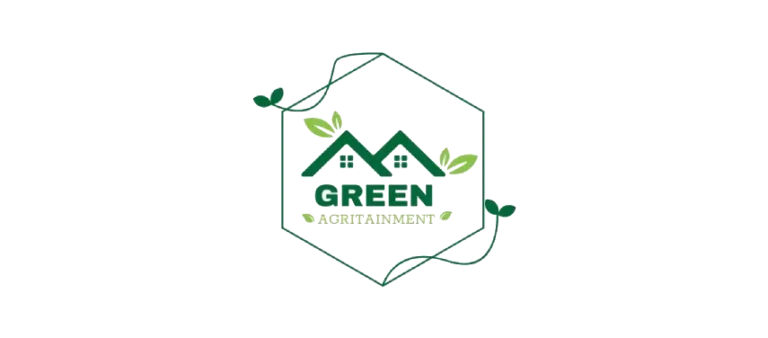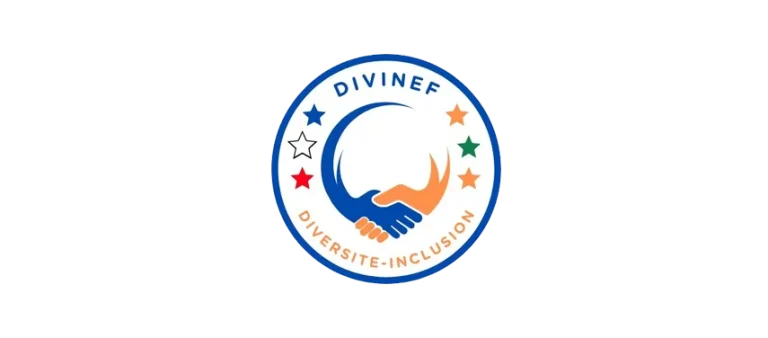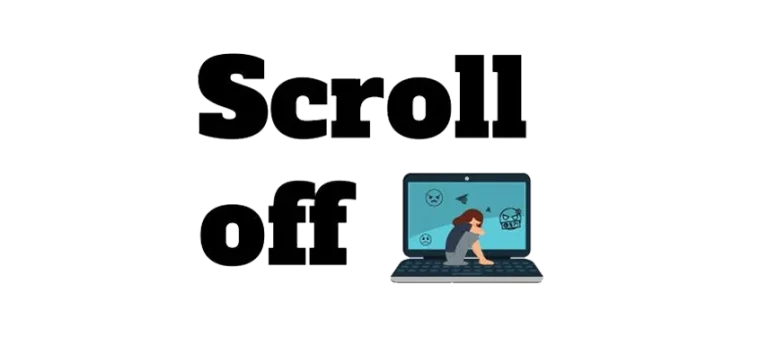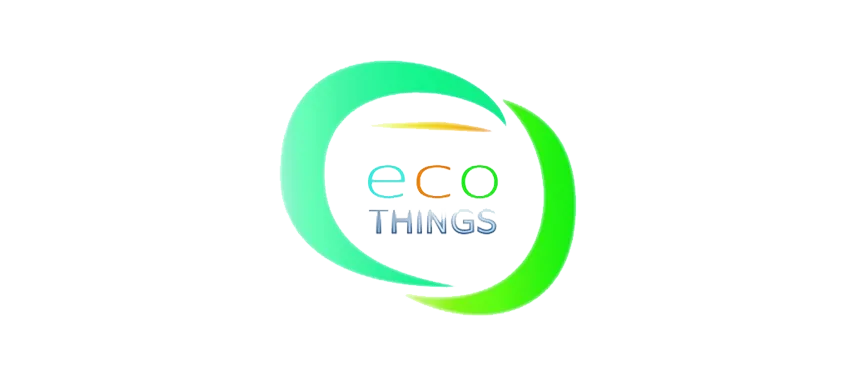
ECOTHINGS
- Code: 2021-1-ES01-KA220- SCH-000034349
- Category: Environment, Sustainability
Innovative Environmental Technology To Improve Learning Outcomes Among Students At Risk Of Social Exclusion
The EcoThings project focuses on integrating innovative environmental technology to enhance learning outcomes among students at risk of social exclusion. The project identifies three core needs: modernizing education, increasing environmental awareness, and ensuring digital education access for disadvantaged students. It aims to address these needs by developing and implementing low-cost IoT educational solutions, providing teacher training, and fostering student engagement through hands-on learning activities.
The project impacts education by introducing modern technological tools and methodologies, thus fostering essential 21st-century skills such as communication, collaboration, critical thinking, and creativity. Environmentally, it raises awareness and provides practical solutions to ecological issues, promoting sustainable practices. Socially, it aims to bridge the digital divide, ensuring that all students, regardless of socio-economic background, have access to quality education and the opportunity to engage with cutting-edge technology.
Objectives:
- GO1: Provide an innovative educational approach based on the STEAM philosophy, enabling pupils and students to work with materials and technology they have never used before.
- GO2: Improve the target students’ soft skills, including communication, collaboration, critical thinking, assertiveness, creativity, and resilience, thus creating the conditions to implement the “learning to learn” practice.
- GO3: Raise environmental awareness among secondary and primary school students by giving them the possibility to design and implement pilot projects aimed at reducing the impact of our daily lives on climate change.
- GO4: Test cutting-edge pedagogical approaches by merging Vygotsky’s Theory of Social Learning with Gardner’s Multiple Intelligences’ Theory.
- GO5: Provide implementation guidelines that include both the technological and pedagogical aspects of the project to ensure replicability.
- GO6: Improve the digital skills of the students involved by utilizing video editing and website back-end usage.
- GO7: Make all of the above available to students belonging to families at serious risk of social exclusion.
| Organization Name | Country |
|---|---|
| UNIVERSITAT POLITECNICA DE VALENCIA | Spain |
| COLEGIO SANTIAGO APÓSTOL | Peru |
| STANDO LTD | Cyprus |
| WYLIODRIN SRL | Romania |
| TURAN ERDOGAN YILMAZ FEN LISESI | Turkey |
Disclaimer: This project has been funded with support from the European Commission. This publication reflects the views only of the author, and the Commission cannot be held responsible for any use which may be made of the information contained here.
